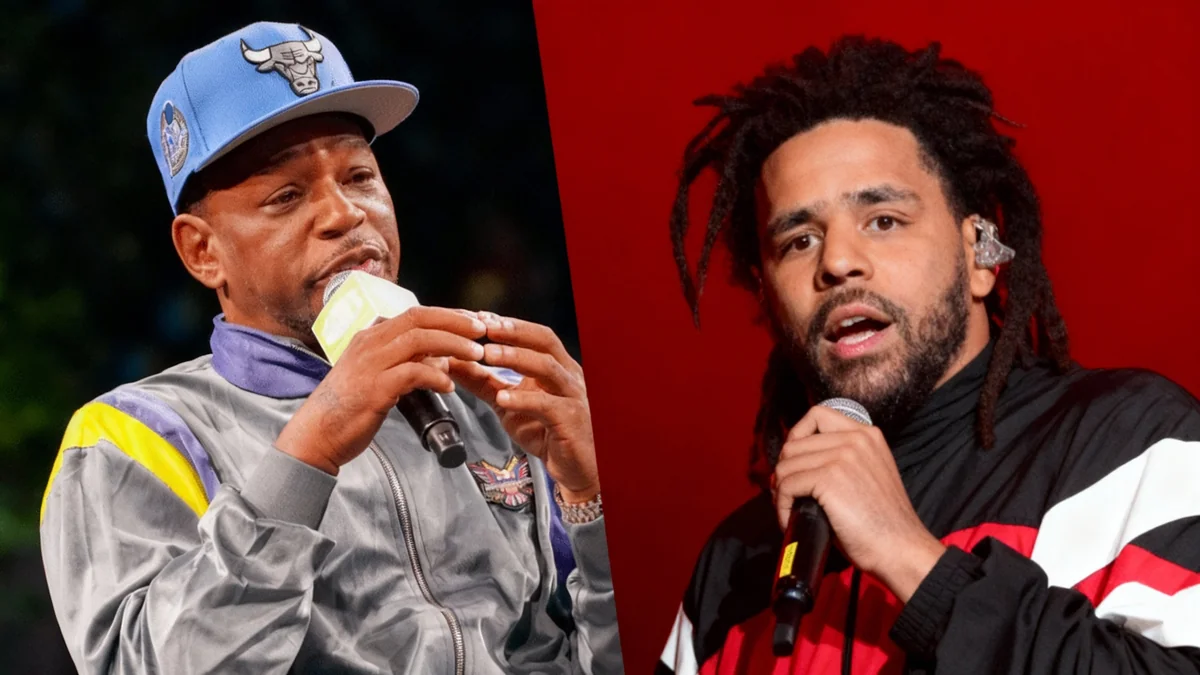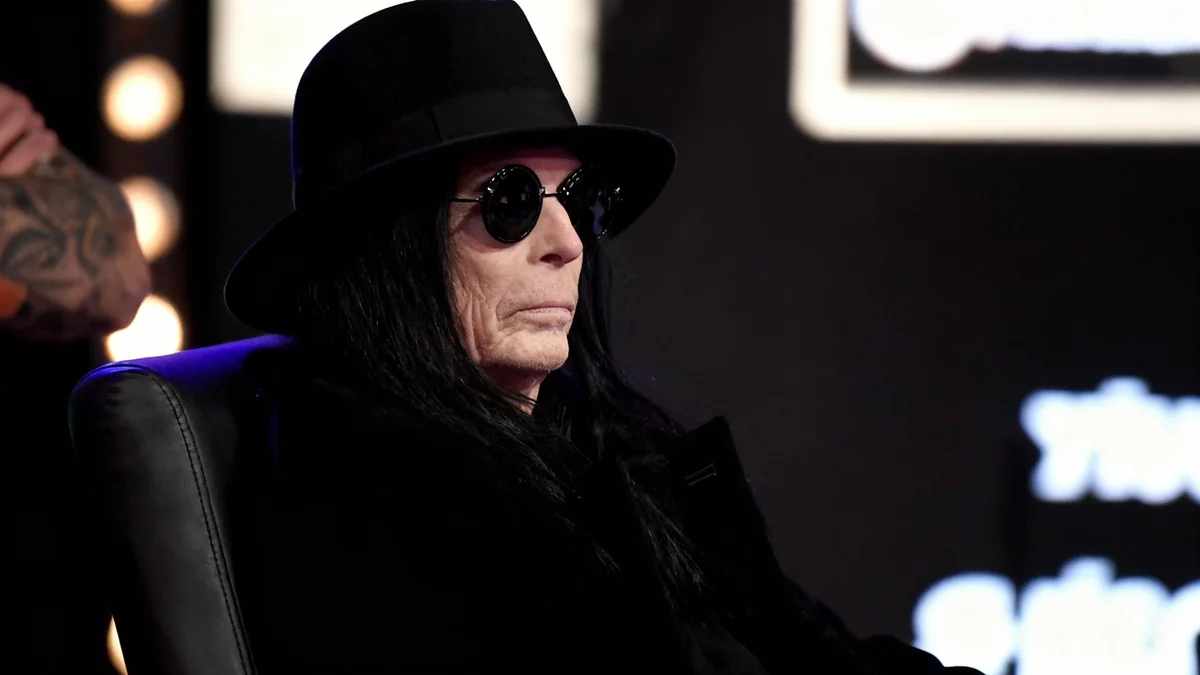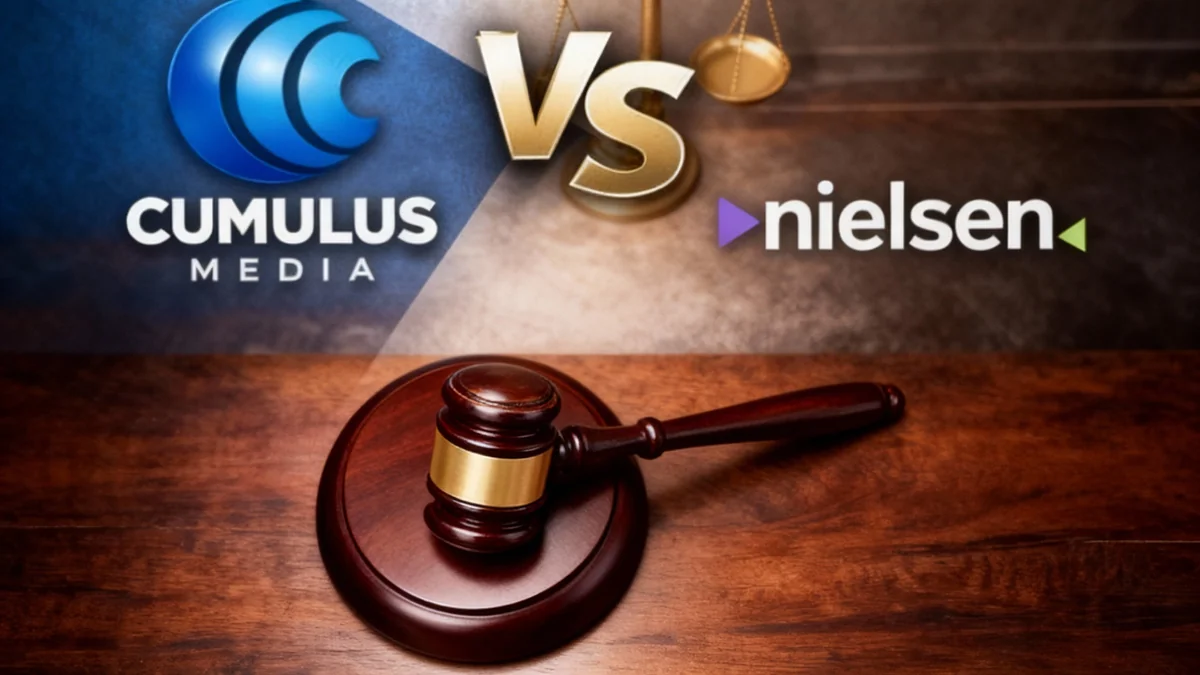Hip-hop artist Cam'ron has initiated legal action against J. Cole, alleging a breach of agreement concerning their collaboration on the song "Ready '24." The Dipset veteran claims he is owed significant compensation for his contribution to the track.
Key Takeaways
- Cam'ron is suing J. Cole over their "Ready '24" collaboration.
- The lawsuit alleges a failure to deliver a guest verse or an appearance on Cam'ron's show.
- Cam'ron is seeking at least $500,000 and co-authorship of the song.
- Neither artist has publicly commented on the legal proceedings.
The Alleged Agreement and Its Breach
According to court documents, Cam'ron contends that his appearance on J. Cole's track "Ready '24," featured on the mixtape Might Delete Later, was part of a specific arrangement. This agreement allegedly stipulated that J. Cole would provide a guest verse for one of Cam'ron's projects or make an appearance on his popular YouTube sports program, It Is What It Is.
The song "Ready '24" notably samples the classic Dipset anthem "I'm Ready," and features a rare guest verse from Cam'ron himself. Despite the recording taking place two years prior to the lawsuit, Cam'ron asserts that J. Cole has not fulfilled his part of the bargain.
Fast Fact
The song "Ready '24" marks one of two collaborations between Cam'ron and J. Cole. Their first joint effort was on "95. South," the opening track from Cole's 2021 album, The Off-Season, where Cam'ron provided a spoken word intro and outro.
Demands for Compensation and Authorship
Cam'ron's lawsuit seeks substantial monetary compensation for his contribution to the track. He is also requesting a judge to legally declare him a co-author of "Ready '24." This designation would entitle him to a fair share of the song's earnings and proceeds.
The Harlem native is demanding a full accounting of all income generated by the song. Based on his estimates, Cam'ron believes he is owed a minimum of $500,000.
Requests for J. Cole to record a collaborative track or appear on It Is What It Is have reportedly been repeatedly rejected by Cole's team. This alleged refusal forms the core of Cam'ron's legal grievance.
Silence from Both Camps
As of now, neither Cam'ron nor J. Cole have issued public statements regarding the lawsuit. Representatives for both artists have remained silent on the ongoing legal matter, leaving many fans and industry observers to speculate about the details.
"The lack of public comment from either artist suggests this is a sensitive legal issue that both parties are handling through official channels," an industry insider noted.
The legal proceedings will likely shed more light on the specific terms of the alleged agreement and the communication breakdowns that led to this dispute.
Context of Might Delete Later
J. Cole's mixtape, Might Delete Later, released by surprise in April 2024, has been a source of other controversies. The project included a response track aimed at Kendrick Lamar's verse on Future and Metro Boomin's song "Like That." This marked a significant public disagreement between the two artists, who had long been considered friends.
Album Background
Days after the mixtape's release, J. Cole publicly apologized to Kendrick Lamar during his headlining performance at Dreamville Festival. He also promised to remove the controversial song from streaming services, a decision that garnered mixed reactions from the hip-hop community.
This previous event highlights the dynamic and sometimes unpredictable nature of releases within the hip-hop industry. The current lawsuit adds another layer of complexity to the narrative surrounding Might Delete Later.
Impact on Future Collaborations
The outcome of this lawsuit could have broader implications for how artists formalize agreements for guest appearances and collaborations. Industry experts often emphasize the importance of clear, written contracts to prevent such disputes.
Legal battles over intellectual property and contractual obligations are not uncommon in the music world. This case serves as a reminder of the financial stakes involved in successful music releases and the need for transparent dealings between artists.
- Artists often rely on verbal agreements, which can lead to misunderstandings.
- Formal contracts can protect all parties involved in a collaboration.
- The music industry frequently sees disputes over publishing rights and royalties.
The situation between Cam'ron and J. Cole will continue to be a closely watched development within the hip-hop community, particularly given the high profiles of both artists involved.




